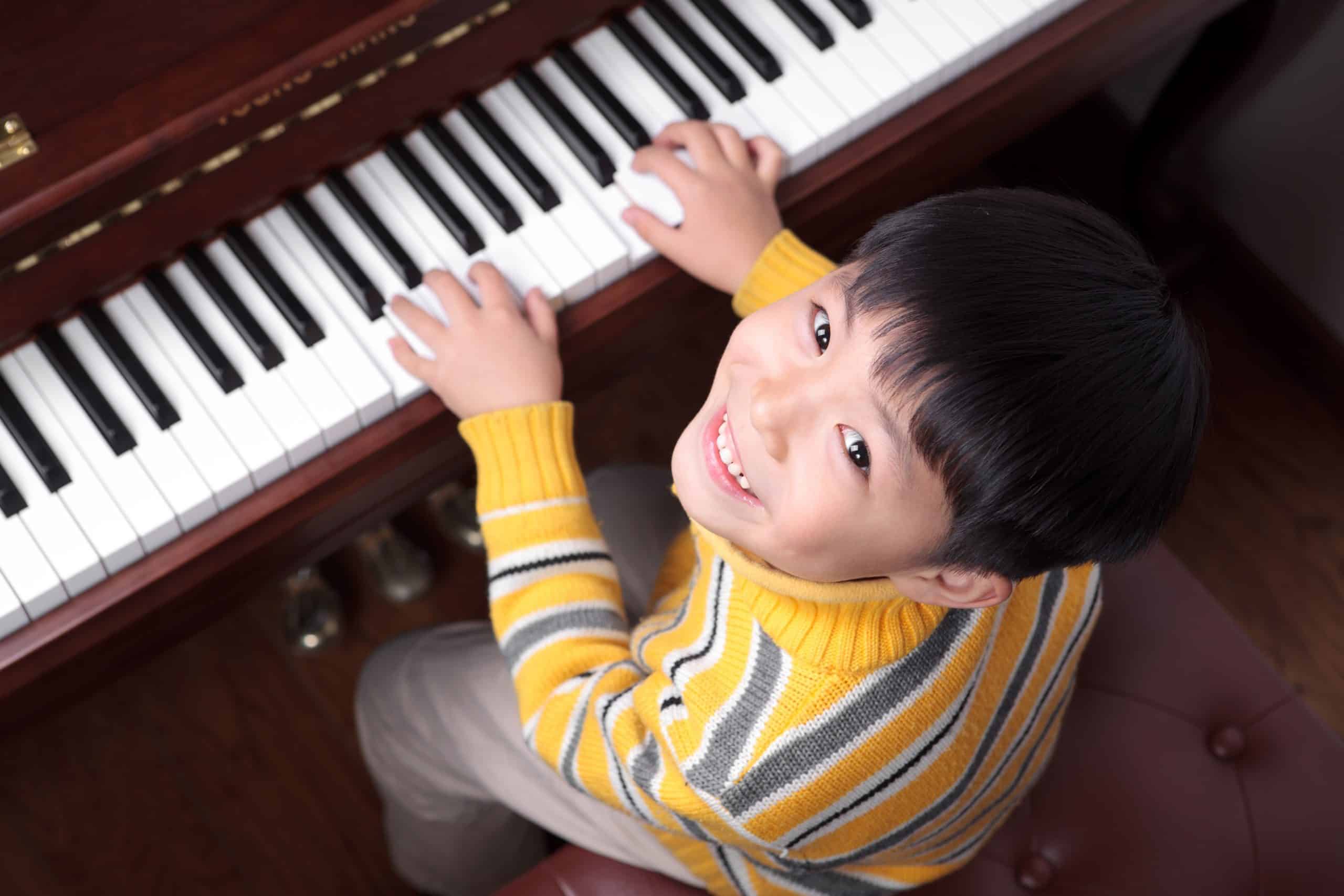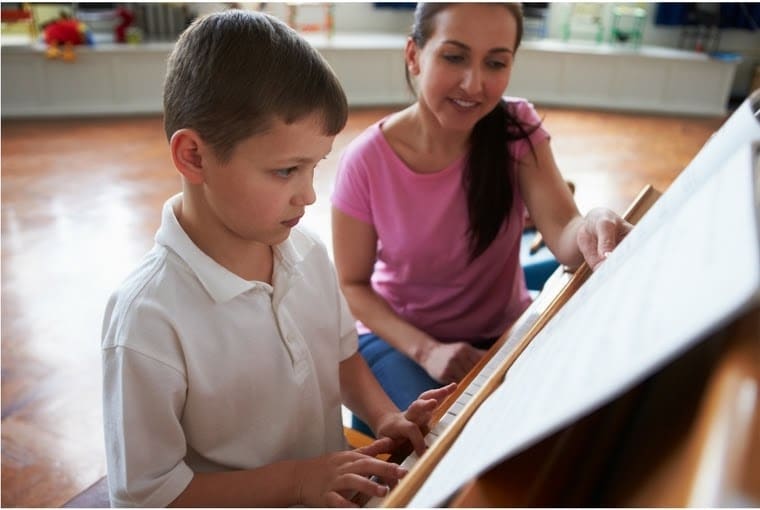
$49 Trial Piano Lesson in Cleveland (Eton Mall)
Trusted by hundreds of families since 2014 — now serving Beachwood, Pepper Pike, Solon & Shaker Heights from our Woodmere studio.
Evenings & weekends. Month-to-month — no long contracts.
Book My $49 Trial LessonA Music School That Feels Like Family
Located on Cleveland’s east side at Eton Chagrin Boulevard Mall in Woodmere, Maestro Musicians Academy is minutes from Beachwood, Pepper Pike, Solon, Shaker Heights, and Orange.
More than piano lessons — we help your child grow in confidence, character, and joy through warm teacher–student relationships and a program tailored to each student.
Why Cleveland Families Choose Maestro Musicians
- 🌟 Trusted by hundreds of families since 2014
- 🎵 We build confidence, character, and joy — not just musical skill
- 🎯 Every lesson is tailored to your child’s unique goals and learning style
- 🤝 Personalized teacher matching — your child is never randomly assigned
- ⏰ Evening & weekend lesson times available for busy families
- ❤️ We treat every student like our own — with warmth, patience, and care
- 📍 Convenient for Beachwood, Pepper Pike, Solon, Shaker Heights & east-side suburbs
Piano Lesson Tuition (Cleveland & East-Side Suburbs)
Start with a low-risk trial, then choose the weekly plan that fits your family.
Trial Lesson
$49 one-time
Meet your teacher & experience a lesson.
30-Minute Weekly
$159 / month
Great for younger beginners.
60-Minute Weekly
$299 / month
Best for committed students.
Month-to-month. Cancel anytime by the 15th.
🎹 Piano Lessons Near Beachwood, Pepper Pike & Shaker Heights
📍 28601 Chagrin Blvd #712, Woodmere, OH 44122
(Inside Eton Chagrin Boulevard, between Kilgore Trout and The White Flower Cake Shoppe)
🕒 Minutes from Beachwood, Pepper Pike, Solon, Shaker Heights, Moreland Hills.
🅿️ Easy parking. 🪑 Parent seating. 🛍️ Trader Joe’s & The Apple Store nearby.
🎹 Start with a $49 Trial Piano Lesson
Serving families in Beachwood, Pepper Pike, Solon & Shaker Heights at our Woodmere studio.
Book My $49 Trial LessonWhat Families Can Expect at Our Woodmere Studio
🗓️ Weekly Lessons, Month-to-Month
One lesson per week, billed monthly. Perfect for busy families in Beachwood, Pepper Pike, Solon, Shaker Heights and nearby suburbs.
🎤 Two Supportive Recitals Each Year
Winter & spring showcases build confidence, stage presence, and pride.

Give Your Child a Joyful Start
Join the hundreds of Cleveland-area families who have trusted Maestro Musicians since 2014.
Book My $49 Trial Lesson